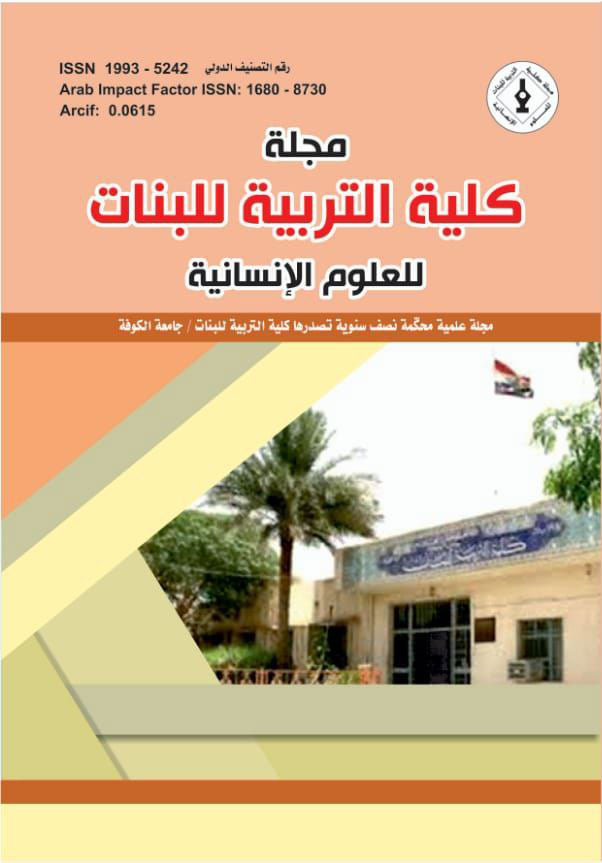Doctrinal exegetical narratives of Al-Hussein bin Saeed Al-Ahwazi
DOI:
https://doi.org/10.36327/ewjh.v2i31.13054Keywords:
Zuhd, origins of the religion, Doctrinal, Al-Ahwazi, Al-Hussein bin Saeed, exegetical narrativesAbstract
Abstract:
Islam is the true religion of God. Which was sent by the greatest Prophet Muhammad, may God bless him and his family, and grant them peace as a mercy to all worlds And he was sent by the prophets and messengers, and Islam is a doctrine and a work, as it includes origins and branches, as the principles are the beliefs in which Islam imposed belief, and whoever does not believe in them is not a Muslim and not a believer, for they are the basis and the basis for building Islamic thought as if the whole religion is dependent on these principles. The imamate divided the topics of the fundamentals of religion into five sections: monotheism, justice, prophethood, the imamate, and the restoration.
And as for the branches, they are the rulings related to the acts of the commissioned worshipers such as prayer, fasting, zakat, Hajj and jihad, or what is issued for the sake of their livelihood and is called transactions such as selling, buying, renting ... etc. from the true religious teachings, rulings and directives, and this difference between the origins of the religion and its branches is that the principles are not permissible for imitation. Rather, every taxpayer must be aware of it with evidence, knowledge, certainty and proof. Islamic Sharia forbids imitation in the fundamentals of religion. It did not allow any taxpayer to imitate his religious beliefs. It refers to specialists from the mujtahids and scholars who have the capacity to understand the legal texts, Moreover, the books “Zuhd” and “The muwmin” by Al-Husayn Bin Saeed Al-Ahwazi can benefit from interpretative benefits, and they are among the main references for this research. When these two books included narrations from the infallible, peace be upon him, it showed the origins of the religion among the Imami Shiites: monotheism, justice, prophethood, the imamate, the repetition, The desired benefit of these interpretative statements was that it was adopted by the commentators, and thus the importance of interpretive narratives in the statement of the Investigation of Fundamentals of Religion is evident.
Downloads
Downloads
Published
How to Cite
Issue
Section
License
Copyright (c) 2023 Prof. Uday Jawad Al-Hajjar, Researcher: Jihana Hassan Ali

This work is licensed under a Creative Commons Attribution 4.0 International License.
which allows users to copy, create extracts, abstracts, and new works from the Article, alter and revise the Article, and make commercial use of the Article (including reuse and/or resale of the Article by commercial entities), provided the user gives appropriate credit (with a link to the formal publication through the relevant DOI), provides a link to the license, indicates if changes were made and the licensor is not represented as endorsing the use made of the work.









